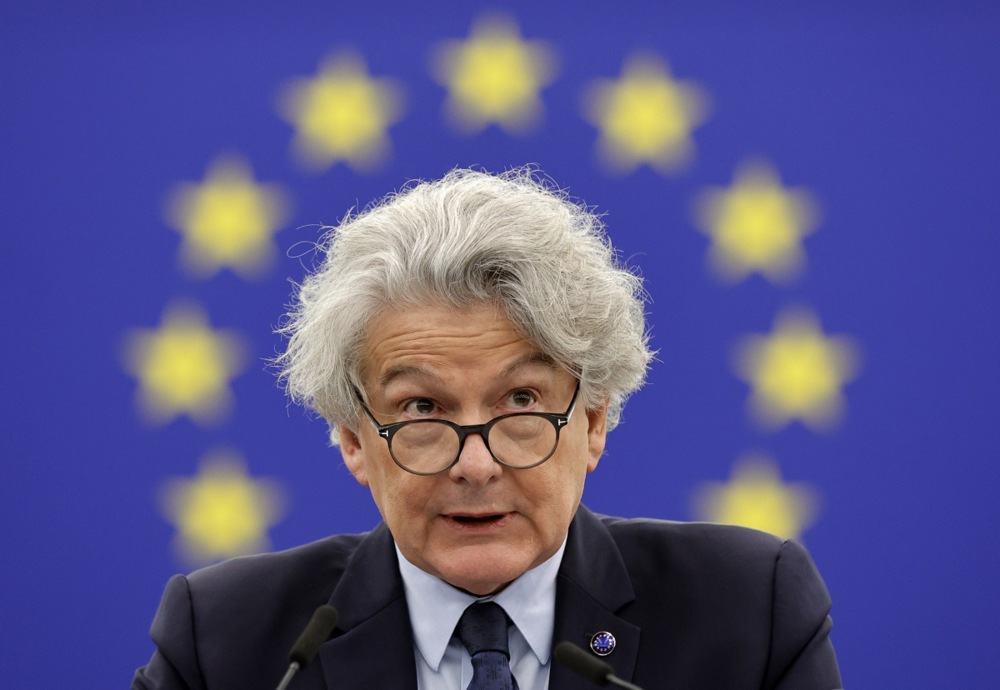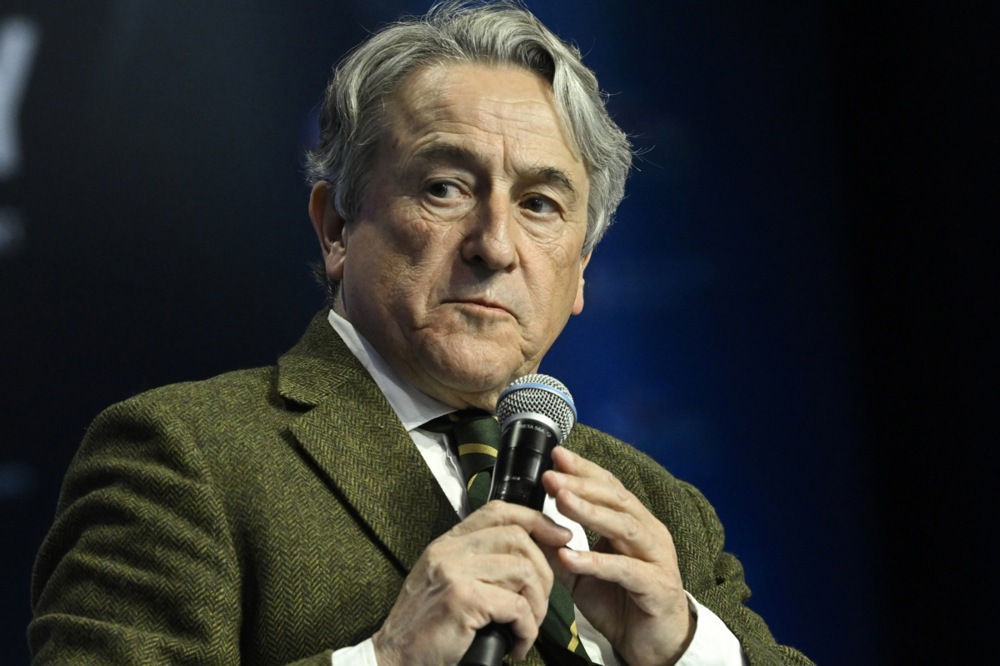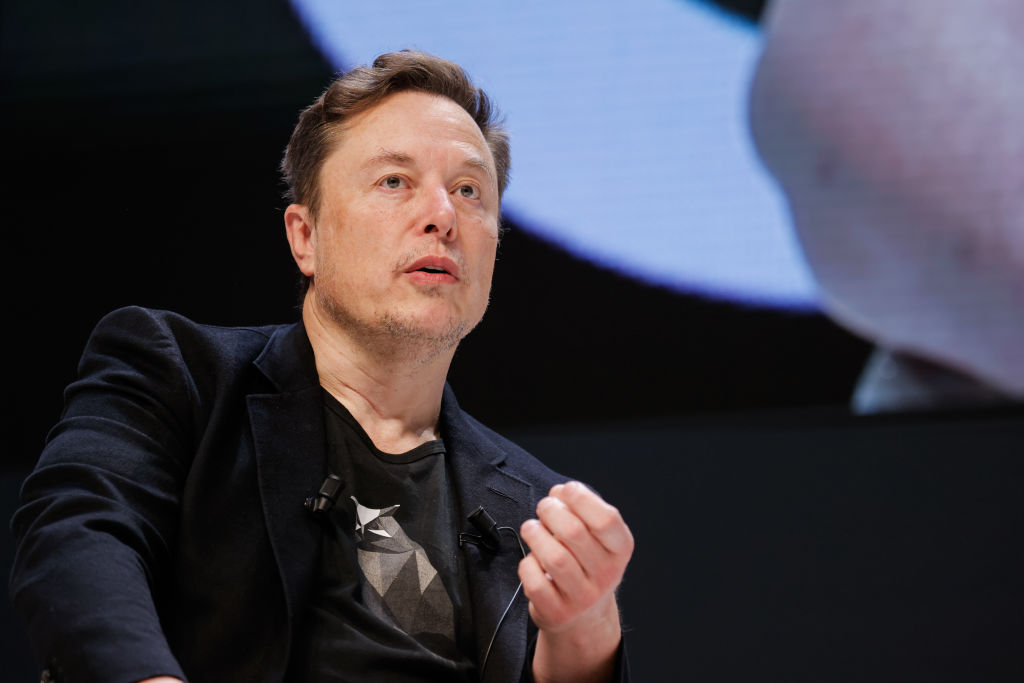The European Union has ramped up its Digital Services Act (DSA) investigation into the X social media platform amid a growing feud with its owner, Elon Musk.
The probe now involved an additional three “technical investigatory measures” which centred around the platform’s recommender system, which some in Brussels have suggested could be in breach of DSA rules, according to a January 17 announcement.
The European Commission has told X it will need to submit internal documents related to its algorithms before February 15.
X has also been told to preserve documents related to the current and future design and functioning of its recommender algorithms from January 17 to December 31.
“Today we are taking further steps to shed light on the compliance of X’s recommender systems with the obligations under the DSA,” said Henna Virkkunen, the European Commission’s executive vice-president for Technological Sovereignty.
“We are committed to ensuring that every platform operating in the EU respects our legislation, which aims to make the online environment fair, safe, and democratic for all European citizens,” she added.
A press spokesman denied the move was in response to any specific political event in recent weeks.
Journalists at a January 17 press conference asked whether the decision to deepen the probe could be in response to Musk’s decision to hold a live stream with Alternative for Germany co-leader Alice Weidel, a move which angered many EU politicians.
“These steps are completely independent from any political considerations or indeed any specific events recently happening,” press spokesman Thomas Regnier said.
He added the additional measures, while aimed at assisting the bloc’s investigation into X that is already ongoing, could “help” the EU “monitor the systems around which all these events are taking place”.
X risked fines of up to 6 per cent of its annual global revenue if the EU found it did indeed breach its censorship rules under the DSA.
Only the Alternative for Germany (AfD) party is capable of protecting the country’s Jews, its leader Alice Weidel has told Elon Musk. https://t.co/sgXDKp4XkD
— Brussels Signal (@brusselssignal) January 9, 2025
The decision to ramp up investigations into X came as the tech billionaire become more involved with European affairs, and called on EU officials to do more to respect freedom of speech.
Musk’s comments on Germany caused particular outcry in Berlin and Brussels, after he claimed the AfD were the “only” party that could save the country.
A number of EU government bodies have begun to pull official accounts from the platform, with some opting to open accounts on rival website BlueSky.
Germany’s defence ministry and military have abandoned their accounts on X, while the official account for the city of Paris said it will exit the platform on January 20 over “hate speech and misinformation”.
Attempts to flee to other American-owned platforms could prove difficult.
A number of major big tech CEOs have grown closer to the incoming Donald Trump presidency.
Meta head Mark Zuckerberg urged the new administration to more actively defend US firms from unfair EU legal attacks.
Zuckerberg also vowed to support the Trump presidency’s push for free speech both in the US and abroad.
Apple CEO Tim Cook was meanwhile reported to have talked to Trump about the EU’s decision to impose a multi-billion dollar penalty on the company in 2024 for its tax arrangements in Ireland.
The Commission has insisted it will not be deterred by such moves, saying they hoped to wrap-up Digital Market Act investigations into Apple, Meta, and Google this year.
All three companies risked fines of up to 10 per cent of their annual global revenue should they be found to have broken parts of the act.
X owner Elon Musk has been blamed for a record number of UFO sightings over Germany, Austria, and Switzerland. https://t.co/sZwVgup1Hm
— Brussels Signal (@brusselssignal) January 10, 2025





